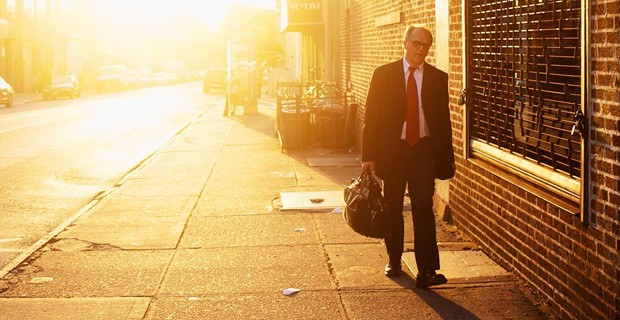Gomchen Lamrim review: Birth, aging, sickness, and death
Part of a series of teachings on the Gomchen Lamrim by Gomchen Ngawang Drakpa. Visit Gomchen Lamrim Study Guide for a full list of contemplation points for the series.
- How we avoid looking at the unsatisfactoriness of our situation
- The dukkha of birth
- The dukkha of aging
- The dukkha of sickness
- The dukkha of death
- Guided meditation on the five points of the dukkha of aging
Gomchen Lamrim 51 review: Birth, aging, sickness and death (download)
Contemplation points
- These kinds of topics are not about light, love and bliss, but it is critical to be able to look at our situation in samsara. Otherwise, we’ll not generate the desire to be free of it. What are some of the ways you have avoided facing the truth of dukkha in your life?
- Take your time going through each of the following points. Make it personal and get a strong feeling for it. Hold that feeling. Think to yourself… “Do I really want to be born again and again in samsara, experiencing these results again and again…?
- Your attractive body declines: Bring to mind how you were when you were younger. Just take a look and see how you’ve been changing. Look at the ways you used to invest energy towards being attractive (no need to be judgmental, just look at it). Look at the fact that despite not wanting to age, you age. How are you with the fact that you are getting older, will get sick and will die?
- Your strength and vigor wain: You will lose physical strength and mental capacity. Your speech will deteriorate and your words will become unintelligible. Although you see elderly people in this position, does it ever occur to you that you will soon be like this?
- Your senses deteriorate: Slowly it will become more difficult to hear the teachings. It may be that gradually, you’ll no longer be able to read. Mentally, your mind will begin forgetting more and more.
- Your ability to enjoy sense objects decreases: Food, beautiful sounds, sights, pleasures of touch no longer will have any attraction and if they do, you lack the capacity to indulge in those desires.
- Separation (death) is inevitable: If you have not prepared, death can only bring you great sorrow and regret.
- Remember, we have to meditate on these points again and again and again until we get a genuine thought of renunciation. And then, rather than get depressed, we have to make use of the time we have to practice the Dharma, to work towards freedom from samsara. Resolve to do that now. Think to yourself: This is part of the nature of samsara and I don’t want to keep going trough this. I want liberation!
Venerable Thubten Samten
Venerable Samten met Venerable Chodron in 1996 when the future Venerable Chonyi took the future Ven. Samten to a Dharma talk at Dharma Friendship Foundation. The talk on the kindness of others and the way it was presented is deeply etched in her mind. Four Cloud Mountain retreats with Ven. Chodron, eight months in India and Nepal studying the Dharma, one month of offering service at Sravasti Abbey, and a two month retreat at Sravasti Abbey in 2008, fueled the fire to ordain. This took place August 26, 2010 (see photos). This was followed by full ordination in Taiwan in March, 2012 (see photos), becoming Sravasti Abbey's sixth bhikshuni. Right after finishing a Bachelor of Music degree, Ven. Samten moved to Edmonton to pursue training as a corporeal mime artist. Five years later, a return to university to obtain Bachelor of Education degree opened the door to teaching for the Edmonton Public School board as a music teacher. Concurrently, Ven. Samten became a founding member and performer with Kita No Taiko, Alberta's first Japanese drum group. Ven. Samten is responsible for thanking donors who make offerings online; assisting Venerable Tarpa with developing and facilitating the SAFE online learning courses; assisting with the forest thinning project; tracking down knapweed; maintaining the Abbey database and answering email questions; and photographing the amazing moments that are constantly happening at the Abbey.


